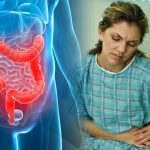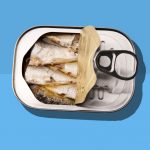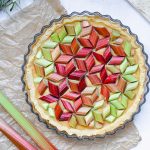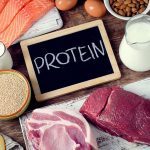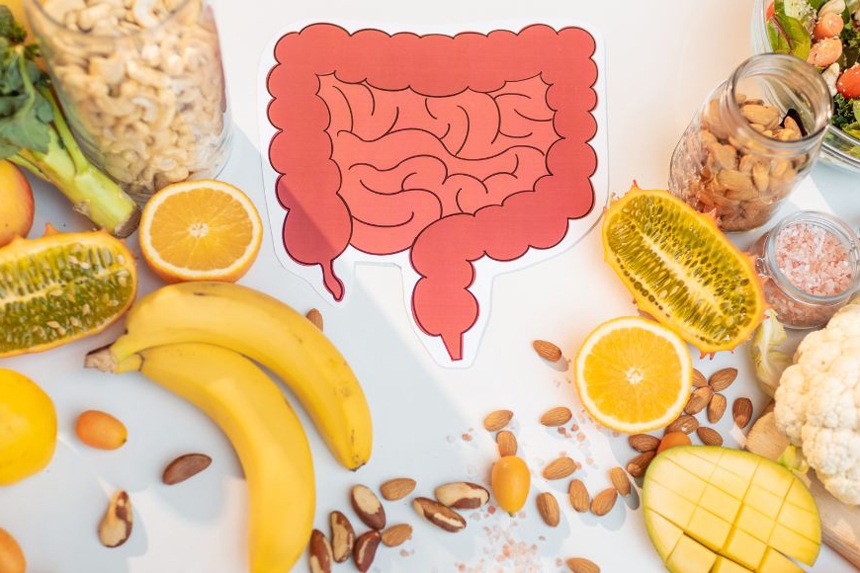
Diverticulitis is a significant health condition that impacts the digestive system, characterized by the inflammation or infection of small pouches, known as diverticula, which can form in the lining of the intestine. While diverticulosis—the condition of having these pouches—is relatively common, especially in older adults, it’s when these pouches become inflamed that we encounter diverticulitis. This condition can lead to severe abdominal pain, nausea, fever, and even more serious complications.
Traditionally, a clear liquid or low-fiber diet was recommended during diverticulitis flare-ups. However, modern perspectives on dietary management are more nuanced, recognizing that individual responses to certain foods can vary. Some people might find relief by avoiding specific foods, while others may not need to. Below is a detailed look at ten foods that might be best to avoid if you have diverticulosis or are currently experiencing a bout of diverticulitis, alongside insights into their nature and potential impact on health.
- Apples
- Pears
- Ice Cream
- Beans
- Fermented Foods
- Red Meat
- Fried Foods
- Brussels Sprouts
- Cabbage
- Onions and Garlic
Apples
Apples are a common trigger for those with a sensitive digestive tract due to their high FODMAP content. FODMAPs are fermentable carbohydrates that can exacerbate symptoms of diverticulitis by increasing pressure within the colon. Despite their reputation as a healthful snack, rich in fiber, vitamins, and minerals, apples might contribute to discomfort for those with diverticulitis.
The paradox lies in the very fiber that makes apples beneficial under normal circumstances, as it can lead to increased bowel pressure and gas production in susceptible individuals. Thus, during flare-ups, it might be prudent to avoid apples and other high-FODMAP fruits to minimize symptoms. [1]


